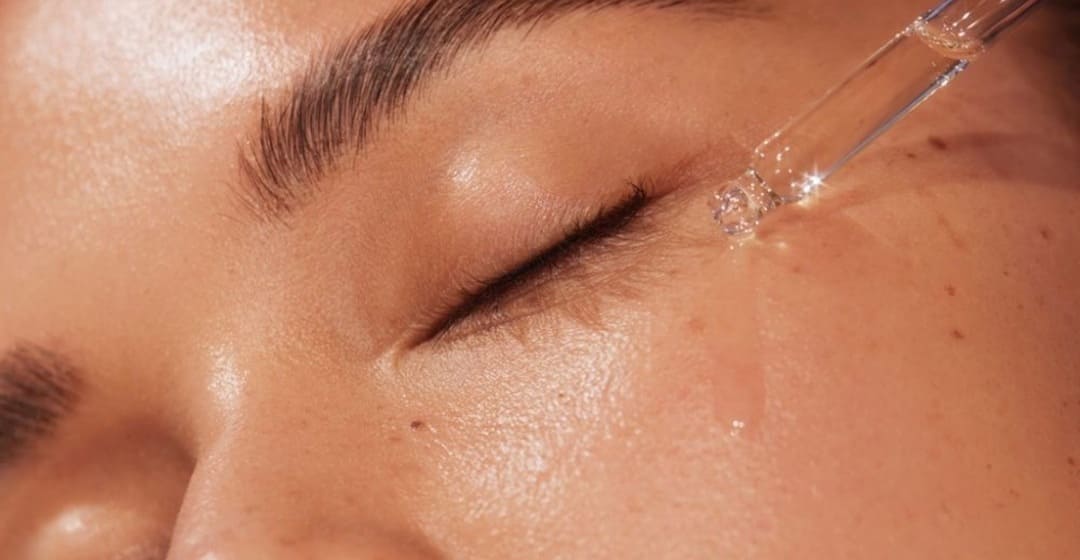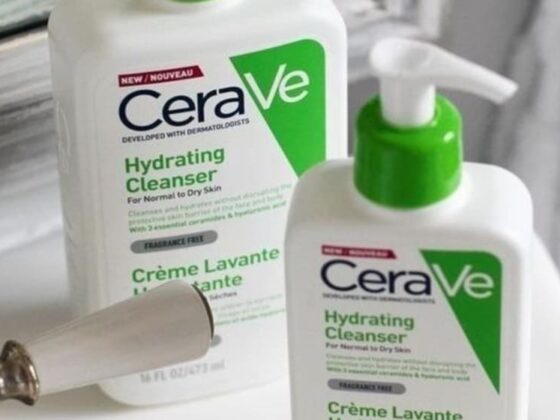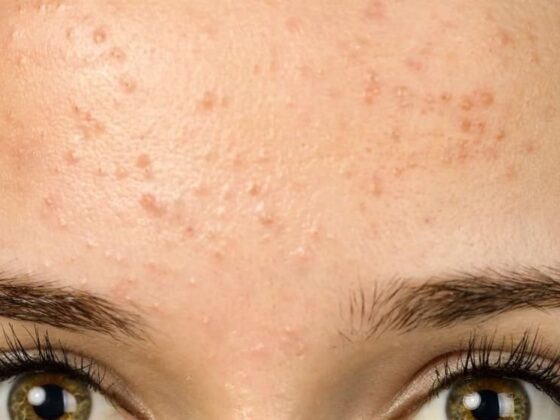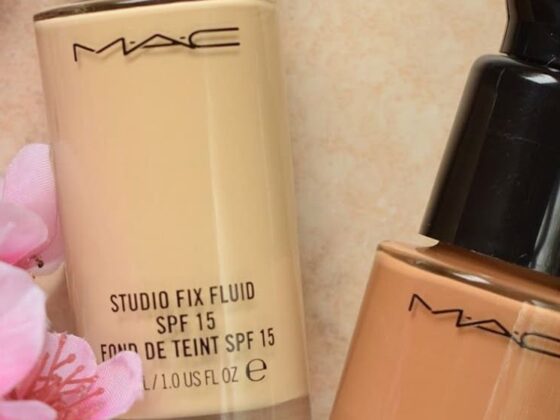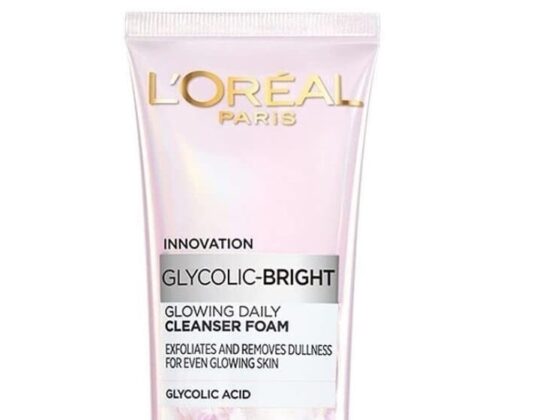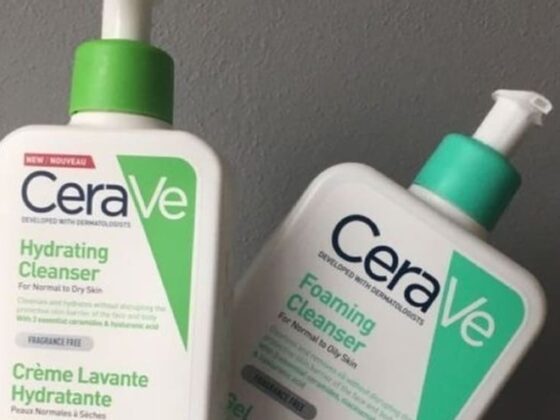Picture this: you wake up one morning, look in the mirror, and notice that your skin doesn’t quite resemble the even, flawless complexion you’re aiming for. Instead, you’re faced with patches, dark spots, or red areas that make your skin appear less than perfect. Welcome to the world of uneven skin tone, where achieving that radiant, flawless complexion can sometimes feel like an elusive dream. But worry not, because, in this blog, we’re here to guide you through the common causes of uneven skin tone and share valuable tips on how to remedy this beauty woe. So, let’s dive in and start your journey towards achieving a more even, glowing complexion.
What Is an Uneven Skin Tone?
Now, let’s demystify the term. Uneven skin tone refers to the situation when your skin isn’t consistent in colour or texture across your face. It’s those frustrating patches, dark spots, or red areas that disrupt the harmony of your complexion. This phenomenon can be triggered by various factors, and understanding the root causes is the first step in addressing the issue.
Uneven skin tone is a common concern for many people, and it can affect anyone, regardless of age, gender, or skin type. Whether you’re dealing with post-acne marks, sun damage, or hormonal changes, the good news is that there are ways to regain that sought-after evenness in your skin. So, let’s explore the eight common culprits behind uneven skin tone and discover how to tackle each one effectively.
What Is an Uneven Skin Tone?
1. Sun Damage: The Usual Suspect
The sun is a major culprit when it comes to uneven skin tone. Prolonged exposure to the sun’s harmful UV rays can lead to dark spots, sunburn, and an uneven complexion. The best way to prevent this is to use sunscreen daily. In India’s tropical climate, where the sun can be quite intense, a good SPF is your best friend. Not only will it shield your skin from sun damage, but it can also help in preventing premature ageing.
2. Post-Inflammatory Hyperpigmentation (PIH): Battle Scars from Acne
If you’ve ever had an acne breakout, you’re probably familiar with post-inflammatory hyperpigmentation. These are the dark spots that linger after a pimple has healed. The key here is to be patient and let your skin recover. However, you can speed up the process by using topical treatments with ingredients like niacinamide or alpha arbutin to fade the marks. And remember, avoid picking at your pimples.
3. Hormonal Changes: The Skin's Mood Swings
Hormonal fluctuations, especially during pregnancy or due to conditions like polycystic ovary syndrome (PCOS), can lead to changes in skin tone. Dark patches on the skin, often called melasma, can develop due to hormonal shifts. If you suspect hormonal imbalances, it’s best to consult a healthcare professional who can recommend appropriate treatments.re probably familiar with post-inflammatory hyperpigmentation. These are the dark spots that linger after a pimple has healed. The key here is to be patient and let your skin recover. However, you can speed up the process by using topical treatments with ingredients like niacinamide or alpha arbutin to fade the marks. And remember, avoid picking at your pimples.
4. Melanin Overproduction: The Root of Dark Spots
Melanin is the pigment that gives your skin its colour. Sometimes, your skin produces excess melanin, leading to dark patches and uneven skin tone. To address this, look for products containing ingredients like hydroquinone, kojic acid, or glycolic acid, which can help reduce melanin production.
5. Smoking: The Enemy of Youthful Skin
We all know that smoking is harmful to our health, but it’s also a major contributor to uneven skin tone. Smoking constricts blood vessels, reducing the flow of oxygen and vital nutrients to your skin. This can result in a dull, uneven complexion. Quitting smoking can work wonders for your skin and overall health.
6. Poor Diet and Dehydration: You Are What You Eat
Your skin’s health is closely tied to your diet. A lack of essential nutrients and hydration can lead to dull, tired-looking skin with an uneven tone. Incorporate a balanced diet rich in vitamins and antioxidants, and don’t forget to drink plenty of water to keep your skin hydrated from within.
7. Harsh Skincare Products: When the Cure Becomes the Problem
Using skincare products with strong chemicals or harsh ingredients can lead to skin irritation and, consequently, an uneven complexion. Opt for gentle, pH-balanced products that suit your skin type. And always remember to do a patch test before trying a new product.
8. Ageing: The Inevitable Factor
As we age, our skin naturally undergoes changes, including an uneven skin tone. This can be attributed to factors like a decrease in collagen production and slower cell turnover. While ageing is a part of life, you can still maintain healthy, glowing skin with a proper skincare routine, including sunscreen, moisturizer, and anti-ageing products.
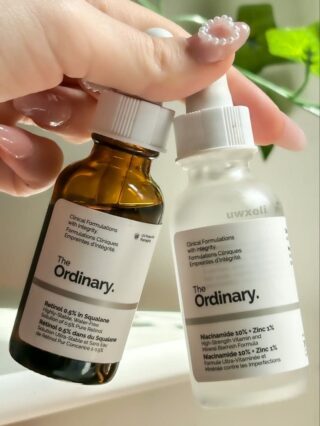
The Ordinary’s Retinol and Niacinamide Serums
How to Fix an Uneven Skin Tone
Now that we’ve explored the common causes of uneven skin tone, it’s time to discuss how to fix it:
1. Sunscreen: Your Skin's Shield
Daily application of sunscreen is non-negotiable. Protect your skin from UV damage by using a broad-spectrum sunscreen with at least SPF 30. Reapply throughout the day, especially if you’re spending time outdoors.
2. Skincare Products: Fade Dark Spots
Look for products that contain skin-brightening ingredients like vitamin C, niacinamide, and alpha arbutin. These ingredients can help reduce dark spots and even out your skin tone. Incorporate these into your daily skincare routine.
3. Professional Treatments: Seek Expert Help
For more stubborn or severe cases of uneven skin tone, consider professional treatments such as chemical peels, microdermabrasion, or laser therapy. Consult a dermatologist who can recommend the best treatment for your specific condition.
4. Healthy Lifestyle: Good In, Good Out
Maintain a balanced diet rich in vitamins and antioxidants. Consume foods like berries, leafy greens, and citrus fruits. Staying well-hydrated is essential as well. A healthy lifestyle can work wonders for your skin’s overall health.
5. Gentle Skincare: Treat Your Skin Right
Use skincare products that are gentle and suitable for your skin type. Avoid harsh chemicals and always do a patch test when trying new products. Your skin deserves the best, so treat it with care.
6. Quit Smoking: Reclaim Your Skin's Radiance
If you’re a smoker, quitting is one of the most effective steps you can take for your skin’s health. The benefits will be noticeable not only in your complexion but in your overall well-being.
7. Patience: Rome Wasn't Built in a Day
Be patient with your skin. It takes time for dark spots to fade and for your skin to regain an even tone. Stick to your skincare routine, and over time, you’ll see improvements.
8. Anti-Ageing Products: Embrace Ageing Gracefully
Incorporate anti-ageing products into your skincare routine. Ingredients like retinol can help boost collagen production and improve the appearance of fine lines and an uneven complexion.
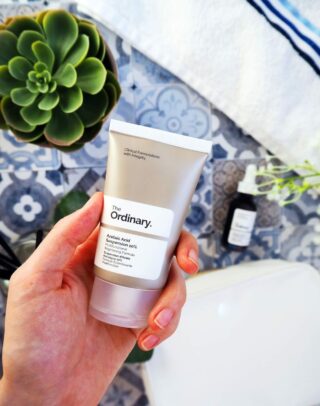
Remember, achieving an even skin tone is a journey, not a sprint. Everyone’s skin is unique, so what works for one person may not work for another. Consult a dermatologist for personalized advice and treatment options tailored to your specific needs. With consistent care and a commitment to healthy skincare practices, you can gradually unveil a more even, radiant complexion. Your skin is your canvas – take good care of it.
Love,
Team LadyInRoseGold


